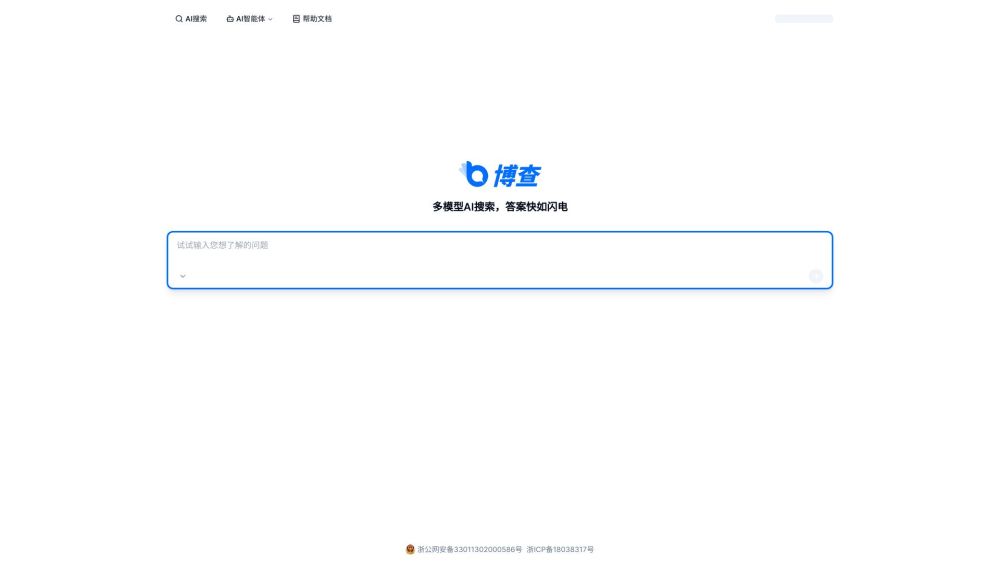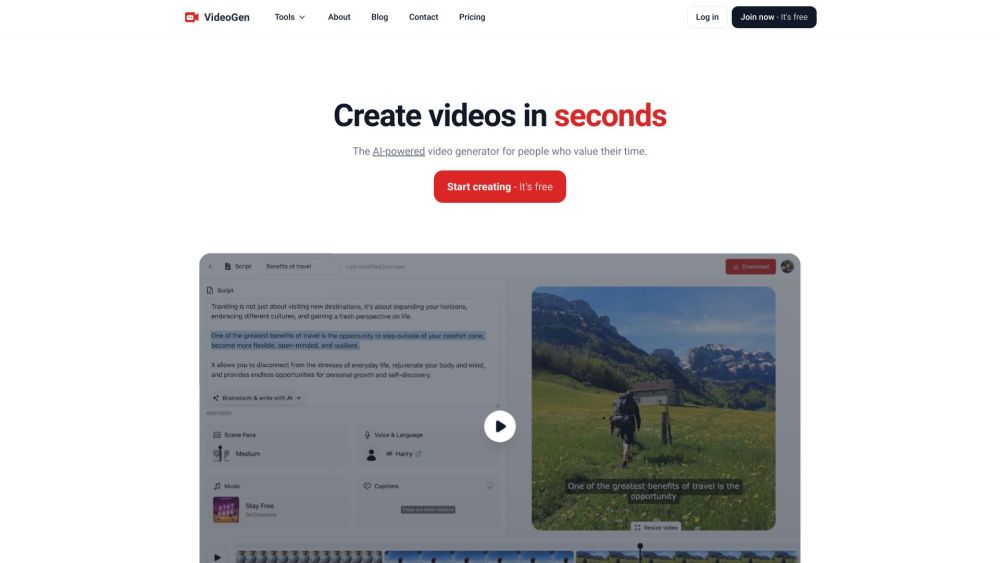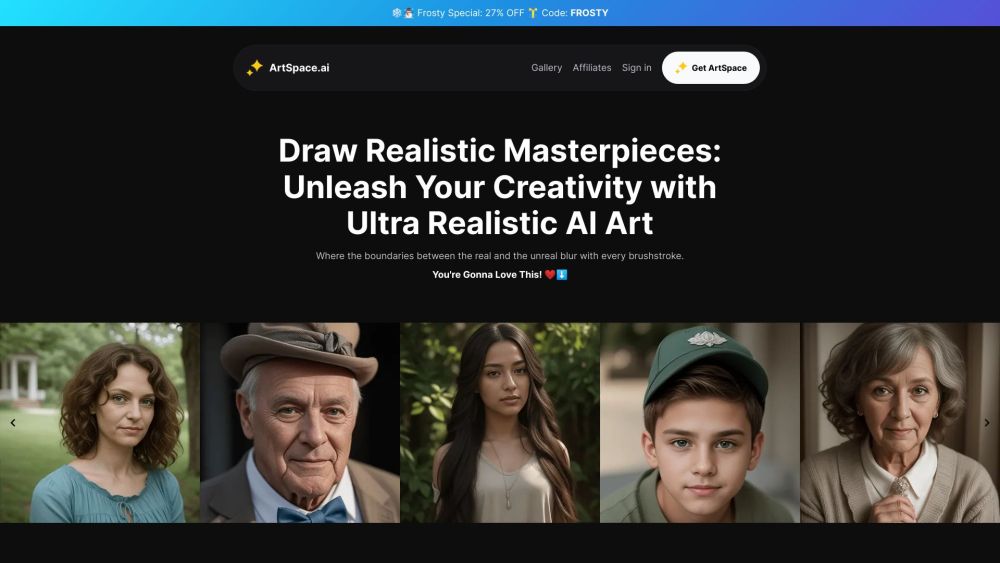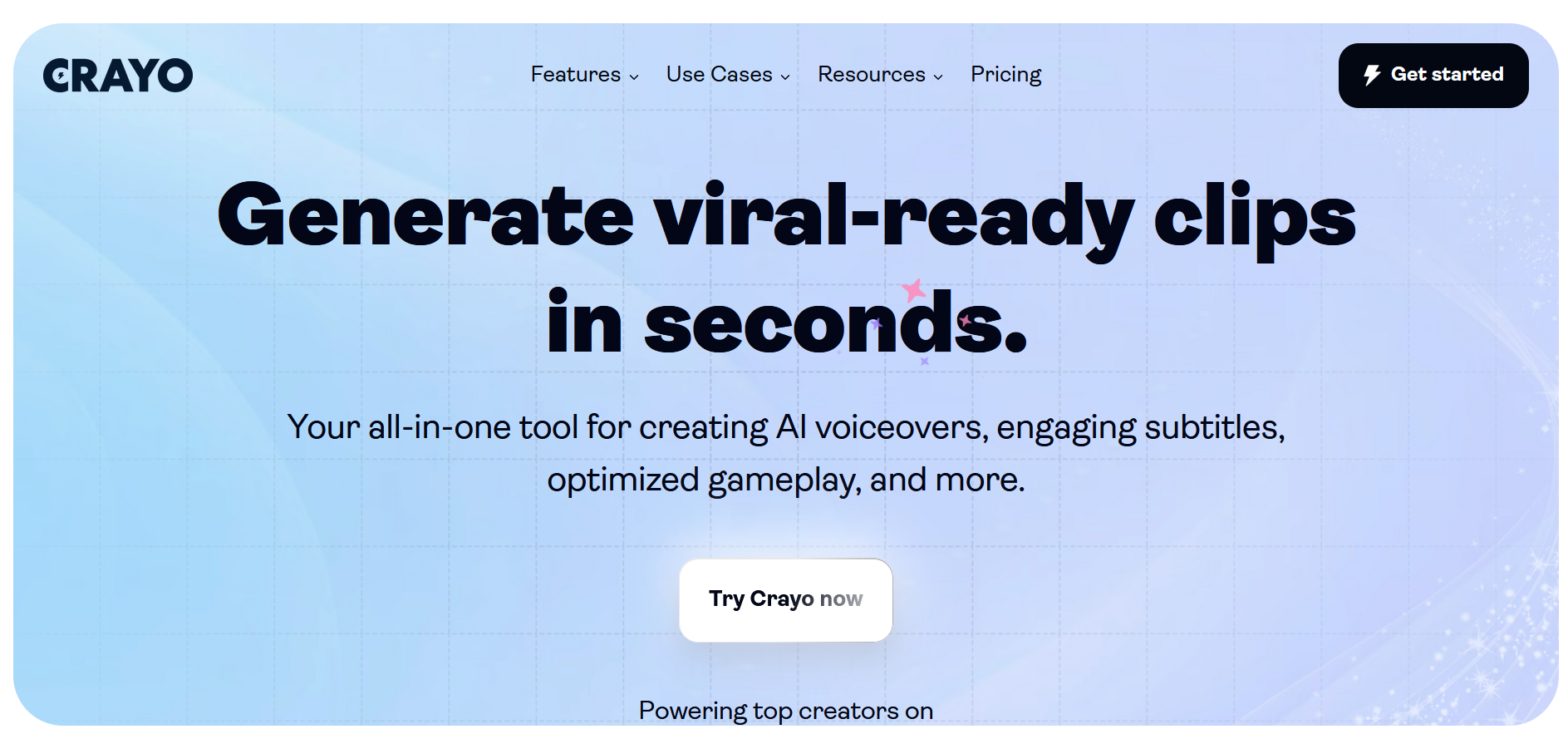As Google and Microsoft enhance their search engines with generative AI, smaller companies are stepping up to challenge their dominance with AI-first solutions.
Enter Upend, a Canadian startup that has recently launched to empower students and professionals through generative AI-powered search, leveraging some of the most advanced large language models (LLMs) available.
Are You Ready for AI Agents?
Upend originated as a summer project by Jeevan Arora from the University of Toronto. Following strong feedback, it evolved into a comprehensive platform designed for enterprise teams. Similar to Perplexity, which currently leads the AI search space with 169 million monthly queries, Upend seeks to make its mark.
"My goal is to make advanced generative AI models more affordable, democratizing access and ensuring that everyone can harness the tools of tomorrow," stated the CEO.
What Sets Upend Apart?
At its core, Upend features a generative AI search bar, allowing users to select from a variety of LLMs and pose questions related to work or daily life. The AIl searches the web or a specified source to deliver well-grounded answers, complete with citations for easy reference.
Upend AI Platform Overview
While Upend functions similarly to Perplexity, it’s evident that it’s in early stages. Perplexity offers more advanced features, including AI image search and data retention controls. However, Upend claims to stand out by providing a broader selection of models—over 100 compared to Perplexity’s five mainstream options. This selection includes major models from OpenAI, Claude, and Mistral, as well as task-specific models like Meta’s Code Llama and Deepseek Coder. Unique to Upend is the ability to source answers from Wikipedia.
"We support more office file formats for analysis, such as Word and Excel. A significant differentiator is our pricing strategy; we charge based on total team usage instead of per-user fees," Arora explained.
Currently, the team plan costs $20/month, offering access to all available models within a token limit, after which users pay based on their usage. A student plan is available at $5/month. In contrast, Perplexity charges $40/month for its consumer-centric Pro plan, while ChatGPT’s Team plan runs $25/month per user when billed annually.
Future Developments
While Upend's current features are still being refined, Arora envisions it evolving into a full-fledged task engine. For example, a user querying “How to convert my PNG image to JPG” would not only receive an answer but also a prompt to execute the conversion.
Plans include expanding the model library, improving user experience, implementing single-sign-on (SSO) for easier onboarding, and potentially developing a mobile app and API.
As platforms like Upend and Perplexity gain traction, traditional search engines may face significant challenges. Gartner predicts that traditional search engine volume could decline by 25% by 2026, with search marketing ceding ground to AI chatbots and virtual agents.
“Generative AI solutions are emerging as alternative answer engines, replacing queries typically executed in traditional search engines. Companies will need to reconsider their marketing strategies as Generative AI becomes increasingly integrated across various sectors,” remarked Alan Antin, a VP analyst at Gartner.





